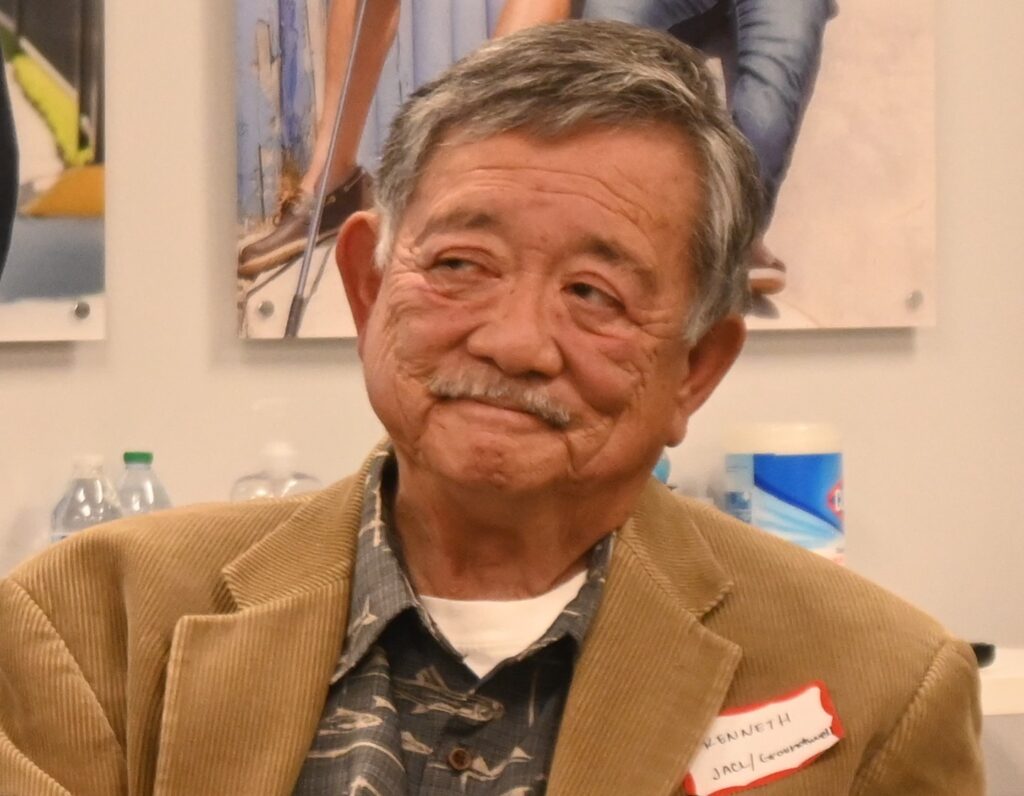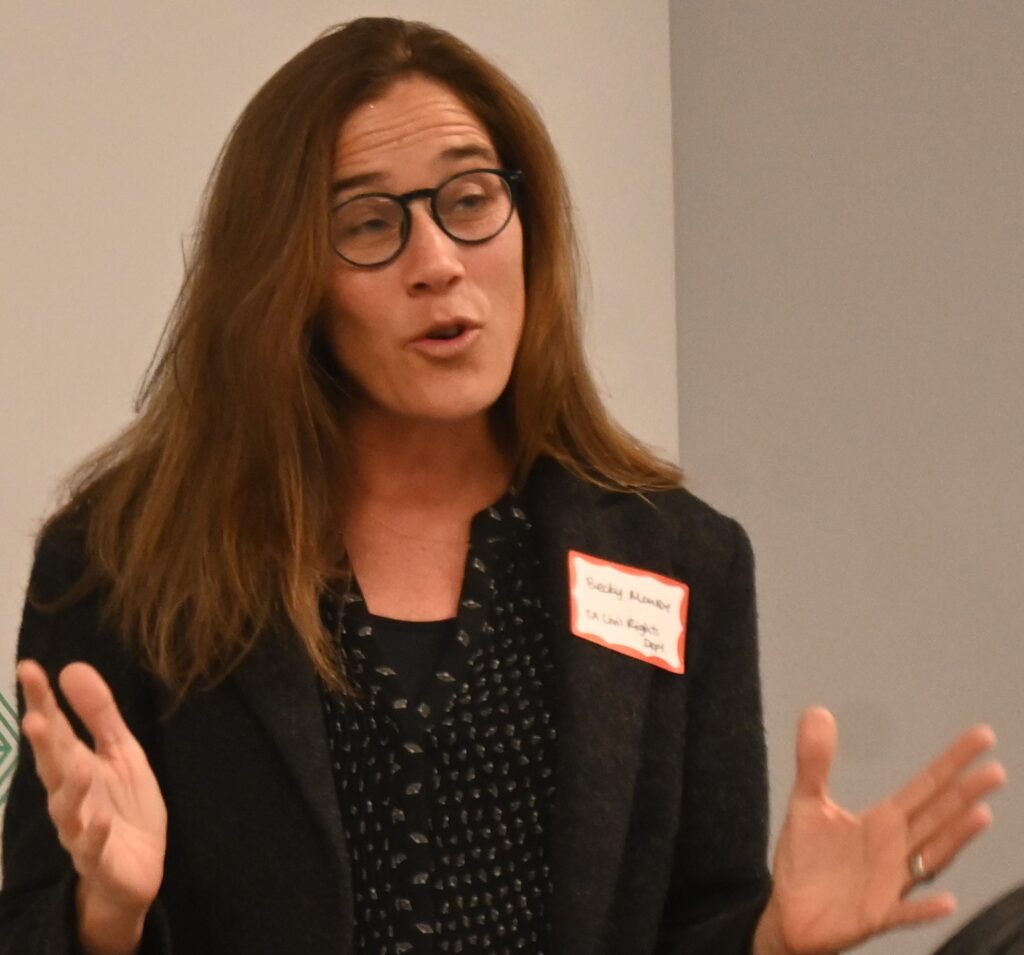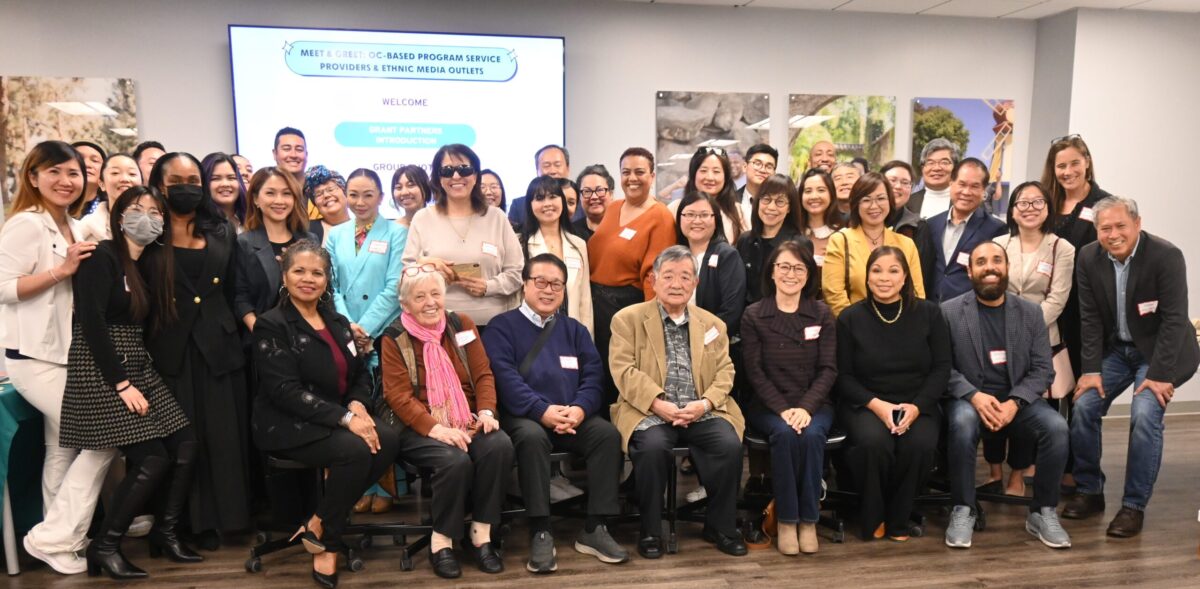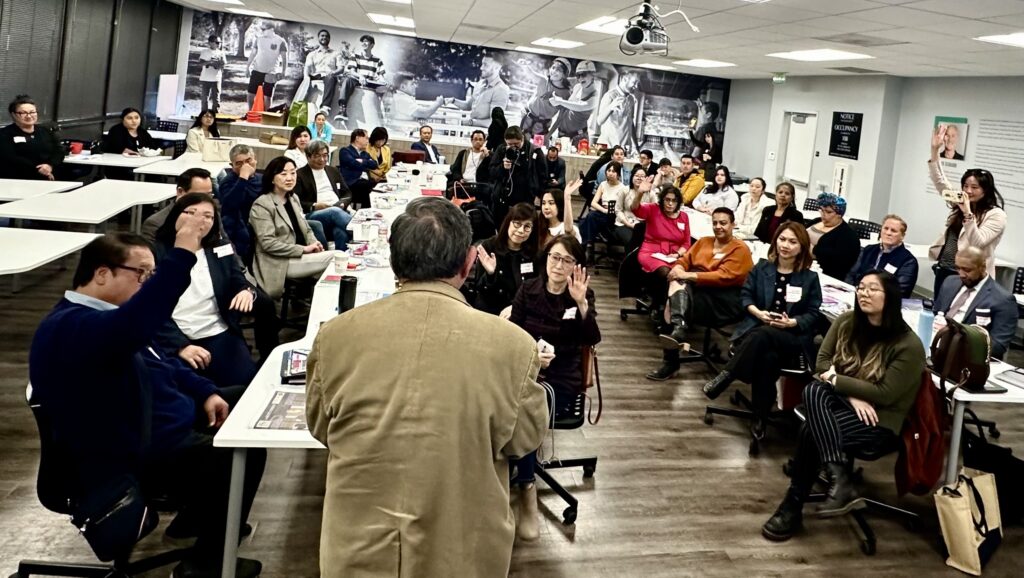SANTA ANA, California — The 1982 brutal death of auto worker Vincent Chin was not considered a hate crime by law enforcement, until community-based organizations stepped up, said pioneering Japanese American activist Kenneth Inouye here Jan. 21.
“When Vincent Chin was killed, I went to the police department and said this was a hate crime. The police didn’t see it as such. We didn’t have a definition for hate crimes then. But ‘Die Jap’ was written on walls in blood. Of course this was a hate crime,” said Inouye, national president of the Japanese American Citizens League, which was founded in 1929. Inouye also served on the Orange County Human Relations Commission for 23 years.
Chin was fatally attacked in Detroit by two laid-off auto workers, Ronald Ebens and his stepson, laid-off autoworker Michael Nitz, who assumed Chin was Japanese and responsible for their layoffs as factories moved to Japan. Ebens and Nitz were initially charged with second degree murder. But the charges were later reduced to manslaughter: Ebens and Nitz received 3 years of probation and a $3,000 fine.
Building Bridges

Inouye spoke at a meeting organized jointly by Ethnic Media Services, the Orange County Asian Pacific Islander Community Alliance, and California Black Media under the Stop the Hate initiative funded by California State Library and the California Department of Social Services. The meeting brought together more than 50 leaders of local community-based organizations, and ethnic media. Representatives from the offices of California state Senators Josh Newman and Dave Min also attended the event.
The aim of the meeting was to build collaborations between Orange County-based community-service organizations and ethnic media to combat hate issues and support victims. The CBOs spoke of their efforts, including mental health support and economic assistance, to help victims of hate crimes, and the need to build better tools for reporting hate crimes and educating the public.
Hate Starts at Home
Hate crimes are vastly under-reported because of stigma, a mistrust of police, lack of support by law enforcement, and language barriers, noted leaders of several community-based organizations. “Hate is a hard topic to talk about,” said Quynh Do of the Vietnamese American Cancer Foundation, which is working to combat hate through its community wellness initiative.
Deidre Harris, executive director of the NAACP’s Orange County chapter, said: “We want more statistics and data on hate crimes. The organization is working to create a database, which will focus — in part — on the bullying of black students. “A lot of hate starts at home. Parents must be held accountable,” she said.

Mary Lu, clinician and program manager at OCAPICA, noted that people are experiencing hate coming from their neighbors and co-workers. OCAPICA provides short-term free counseling to victims of hate crimes and navigates them through the often complicated and emotional process of reporting. Vivian Au, of the Orange County Herald Center, spoke of a hate crime victim who is now unhoused. “She cannot go home because the perpetrator is her neighbor. It has been a challenge to find her some housing” said Au. OCHC provides a hotline, where victims can receive in-language support.
Media organizations highlighted their coverage of hate crimes and initiatives to end hate. They also spoke of the need to connect with CBOs and become first responders when hate crimes or incidents occur.
This resource is supported in whole or in part by funding provided by the State of California, administered by the California State Library in partnership with the California Department of Social Services and the California Commission on Asian and Pacific Islander American Affairs as part of the Stop the Hate program. To report a hate incident or hate crime and get support, go to CA vs Hate.






